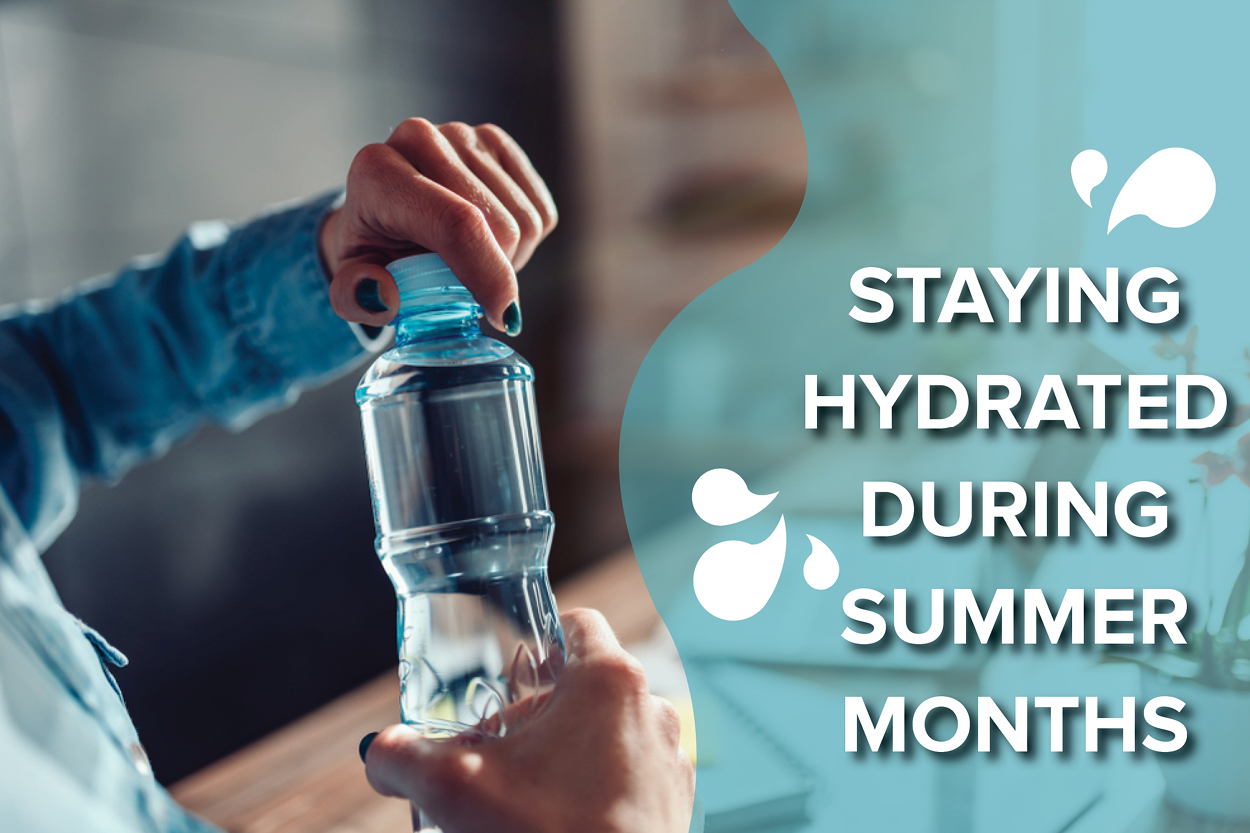Staying Hydrated During Summer Months
As the summer heat intensifies in Arizona, it becomes even more crucial for cancer patients to prioritize hydration. Proper hydration is essential for maintaining overall health and supporting the body's ability to cope with the challenges of cancer and its treatments.
Cancer treatments such as chemotherapy and radiation therapy can increase the risk of dehydration in patients. These treatments may cause side effects like nausea, vomiting, diarrhea, and increased sweating, all of which can lead to fluid loss. Adequate hydration supports the body's ability to tolerate treatment, minimizes side effects, and promotes overall well-being.
It is recommended to drink at least eight cups (64 ounces) of fluid daily, but individual needs may vary. Water is the best choice for hydration, but other options like herbal teas, clear broths, and diluted fruit juices can also contribute to fluid intake. However, it's important to consult with your healthcare team regarding any specific fluid restrictions based on your treatment plan.
Signs and Risks of Dehydration:
Recognizing the signs of dehydration is key. Symptoms may include excessive thirst, dry mouth, dark-colored urine, fatigue, dizziness, and confusion. Dehydration can worsen treatment side effects, compromise organ function, and lead to hospitalization. It is essential to promptly address any signs of dehydration and seek medical attention if symptoms persist or worsen.
Hydration Strategies:
To ensure optimal hydration during Arizona's summer months, follow these strategies:
- Drink small amounts of fluids throughout the day, rather than relying on large quantities at once.
- Keep a water bottle within reach at all times and sip fluids frequently.
- Incorporate hydrating foods into your diet, such as watermelon, cucumbers, oranges, and soups with high water content.
- Consider using a straw or flavoring water with lemon or lime to make it more appealing.
- Avoid or limit caffeinated and sugary beverages, as they can contribute to dehydration.
- Take advantage of shaded areas and air-conditioned environments to stay cool during outdoor activities.
- Open communication with your healthcare team. They can provide personalized recommendations, guide you on fluid intake, and address any concerns or symptoms of dehydration.
Stay hydrated and beat the heat this summer!


